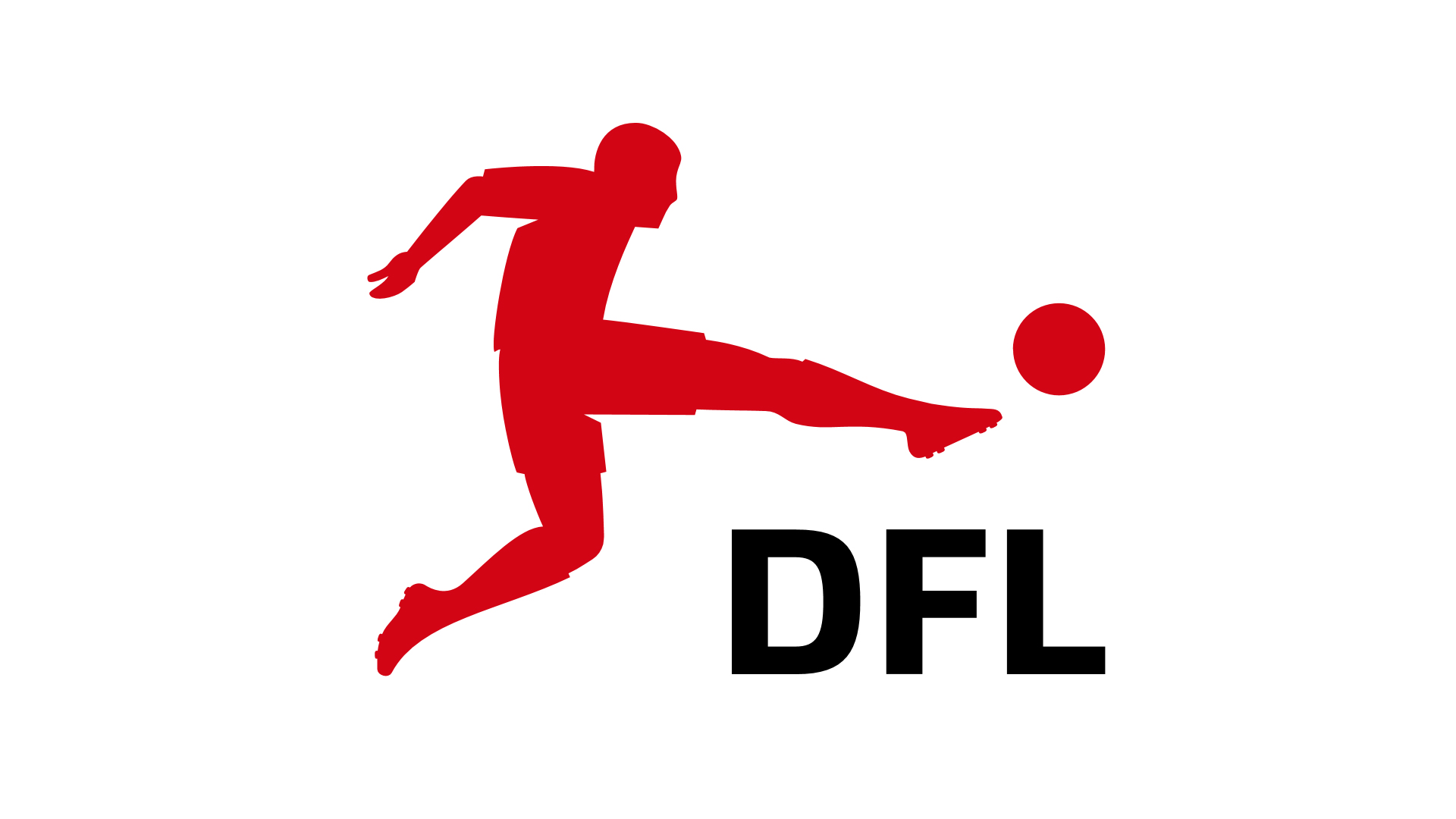June 3 – The German Football League (DFL) has reinforced the Bundesliga’s reputation as one of the most financially stable and transparently governed football ecosystems in the world, releasing a comprehensive set of financial data for all 36 clubs in the Bundesliga and Bundesliga 2 as part of the annual licensing procedure.
This latest release builds on findings from the DFL’s Economic Report for the 2023/24 season, published in March, which showcased record-breaking revenue, high employment, and sustained financial prudence across the two top divisions. According to that report, the Bundesliga and Bundesliga 2 generated a record €5.87 billion in revenue – a 12% increase over the previous season’s €5.24 billion – while contributing more than €1.66 billion in taxes and duties to the German state.
The licensing-related financial disclosure published last week details key metrics including turnover, equity, annual results, and agent fees. While UEFA mandates such transparency only for clubs competing in European competitions, Germany’s unique model requires every top-flight and second-tier club to publish these figures annually – a policy enshrined by the DFL General Assembly.
This year’s data paints a picture of continued resilience and growth. A standout 32 of the 36 professional clubs maintained positive equity, where the market value of assets exceeds debt. The average equity ratio sits at a healthy 36%, and personnel costs account for just 47% of overall revenue – a marker of sustainable cost control. These figures are complemented by a notably low wages-to-cost ratio of 34%, reinforcing financial discipline across the board.
Agent fees remained steady, making up approximately 5% of gross income – consistent with previous years – while 17 clubs reported a financial surplus. However, profitability remains a mixed picture, with only nine Bundesliga and eight Bundesliga 2 clubs posting a net profit for the year.
Employment in professional German football has also hit an all-time high, with more than 62,000 people now working across the two leagues – surpassing even pre-pandemic levels. Meanwhile, Bundesliga 2 celebrated a landmark achievement by crossing the €1 billion revenue threshold for the first time.
Fan engagement has also surged, with more than 20.7 million tickets sold last season – another record, with expectations for even higher figures in 2024/25.
Hans-Joachim Watzke, Speaker of the DFL Executive Committee and Chairman of the DFL Supervisory Board, highlighted both the economic and societal impact of the league. He said: “With its key figures for the 2023/24 season, German professional football is sending positive economic signals against the general trend. Furthermore, and beyond the economic dimension, football has a positive impact on society. Our stadiums are places where people from all walks of life can come together and share emotions and unforgettable moments.”
In a global football economy often challenged by overspending and opaque finances, Germany continues to set the benchmark for transparency, fiscal responsibility, and long-term sustainability.
Contact the writer of this story, Harry Ewing, at moc.l1750899868labto1750899868ofdlr1750899868owedi1750899868sni@g1750899868niwe.1750899868yrrah1750899868

